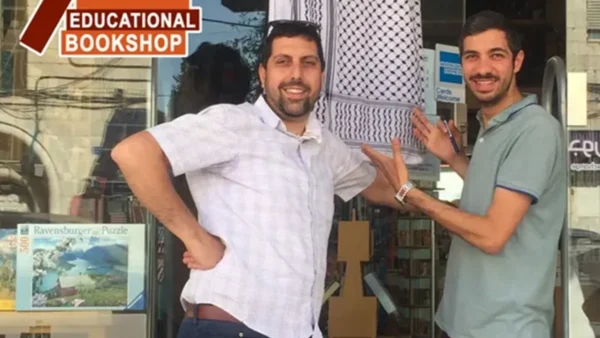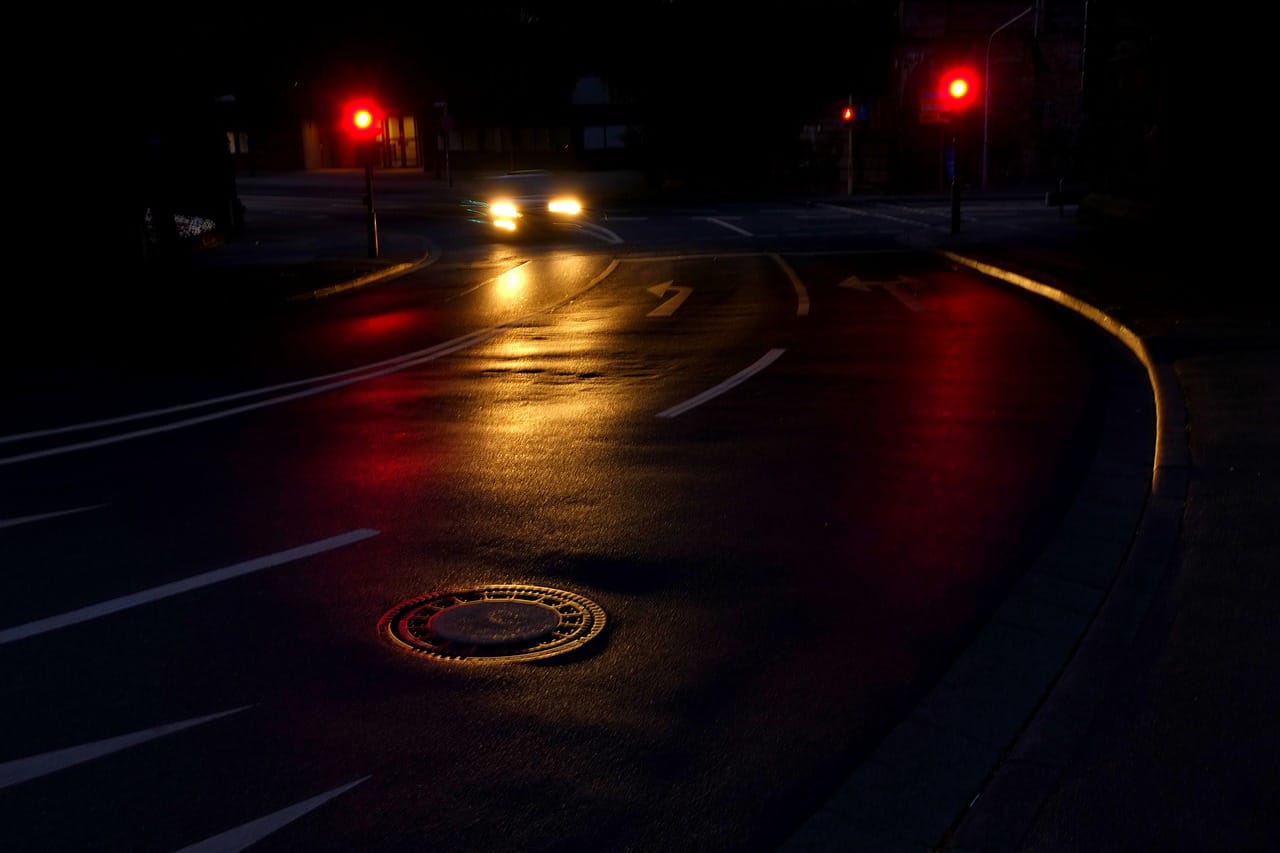I took a long time to write about it, but a week ago I went to see Ngugi wa Thiong’o in conversation with Alexis Wright at the Southbank Centre. It was great to see Ngugi, and to learn about Alexis Wright, an aboriginal writer who I had never heard of until now but would like to read in future. The event wasn’t very well organised, though, as it started late and wasted a lot of time on unnecessary introductions. The moderator/questioner, Ken Olende, also waffled a lot and didn’t control things very well.
He did, however, ask one very good question. He observed that both of them are political activists, and asked why they also choose to write fiction. This was a very relevant issue for me, as I have been thinking a lot lately about why I am writing fiction and how it relates to my political beliefs and aspirations to change things. Alexis Wright said that she felt a lot more freedom in writing fiction, giving an example of a non-fiction book she wrote where she had endless problems with people not wanting their stories published or their real names used.
I could certainly relate to that from my journalism years, but I found Ngugi’s answer much more interesting. He took an example from Alexis Wright’s book Carpentaria, where a character called Angel Day was rummaging through rubbish on a dump. It’s so vivid, he says, that whenever you pass a rubbish dump, or see a person dressed in rags, you will think of Angel Day, and you’ll think of that person as a human being with thoughts, feelings and emotions, instead of generalising about them in an attempt to brush off the problem. Good fiction, then, humanises us. It changes the way we see the world. We may be immune to intellectual arguments because we can come up with other intellectual arguments to counter them. But stories speak to us on a much deeper level.


